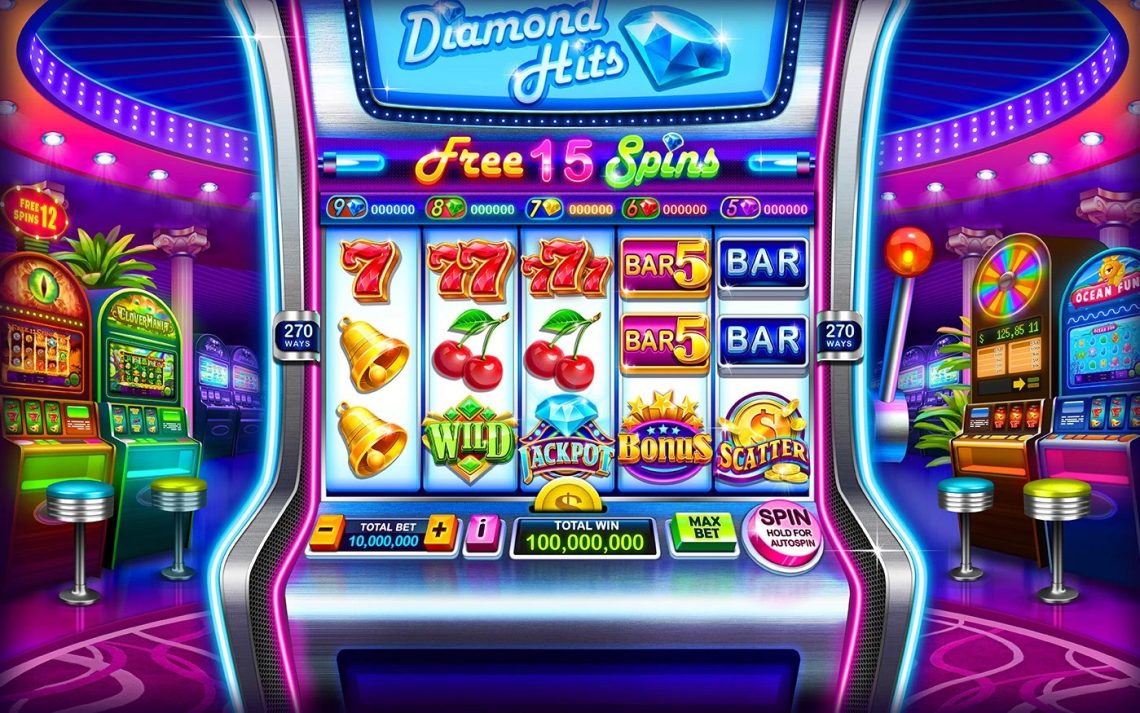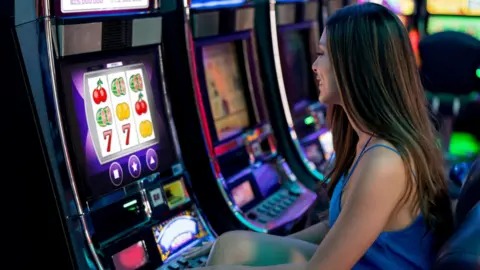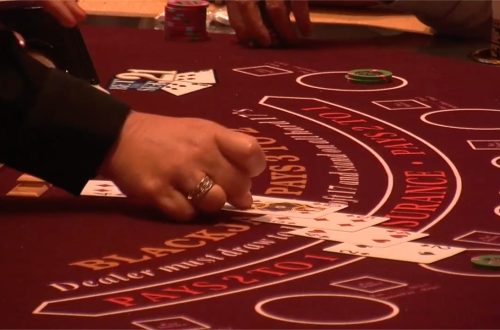Online slot games have become a massive phenomenon in the world of digital entertainment, captivating millions of players daily. But beyond the flashy graphics and exciting sound effects, there lies a fascinating psychological framework that keeps players engaged, sometimes for hours on end. Understanding the psychology behind online api66 slot games can reveal why these virtual reels have such a strong hold on players, and why the experience is so uniquely addictive.
The Role of Randomness and the Brain’s Reward System
At the core of every slot game is a random number generator (RNG), which ensures that each spin’s outcome is unpredictable. This randomness taps directly into the brain’s reward system, specifically the release of dopamine, the neurotransmitter responsible for pleasure and motivation.
When a player spins the reels, the uncertainty of the result triggers anticipation, and even small wins or near-misses stimulate dopamine release. This creates a pleasurable sensation that encourages the player to keep playing, chasing that next reward.
Near Misses: The Illusion of Almost Winning
One of the most compelling psychological tricks used in online slots is the “near miss” effect. This occurs when the reels almost align to form a winning combination but fall just short. Near misses can be more motivating than actual wins because they create the illusion that a win is imminent.
This illusion of being “close” to success tricks the brain into thinking that the player is improving or that their win is just around the corner, increasing the desire to spin again.
Variable Reward Schedules: The Power of Unpredictability
Unlike fixed or predictable rewards, online slot games use variable reward schedules, where wins occur at irregular intervals. This unpredictability is a powerful behavioral reinforcement method, similar to how slot machines in physical casinos operate.
Variable rewards make the gaming experience highly engaging and habit-forming because players never know when the next win will come, prompting them to continue playing in hopes of hitting the jackpot.
The Impact of Visuals and Sound
The multisensory experience of online slot games—bright colors, animations, catchy soundtracks, and celebratory sound effects—stimulates the senses and heightens emotional arousal. These sensory cues are deliberately designed to simulate the excitement of winning and create a captivating atmosphere that holds players’ attention.
Additionally, the use of familiar themes, such as movies, myths, or popular culture, can create an emotional connection, making the experience more immersive and personalized.
Social and Competitive Elements
Modern online slot games often integrate social features like leaderboards, tournaments, and shared jackpots. These elements tap into the human need for social connection and competition, adding an extra layer of engagement.
Players can feel a sense of community, rivalry, and achievement, which enhances the overall gaming experience and encourages continued participation.
Responsible Gaming: Awareness and Balance
While the psychological elements behind online slot games are fascinating, they also highlight the importance of responsible gaming. Awareness of how these games influence behavior can help players set boundaries and maintain a healthy relationship with gambling.
Features like time limits, budget controls, and self-exclusion tools are increasingly incorporated into online platforms to promote safe play.
Conclusion
Online slot games are more than just chance-based entertainment; they are finely tuned experiences crafted to engage players through psychological principles rooted in reward, anticipation, and sensory stimulation. By understanding the unique psychological mechanisms at play, players and developers alike can appreciate the depth behind the simple spin of a reel—and foster a more mindful approach to this popular form of digital gaming.





